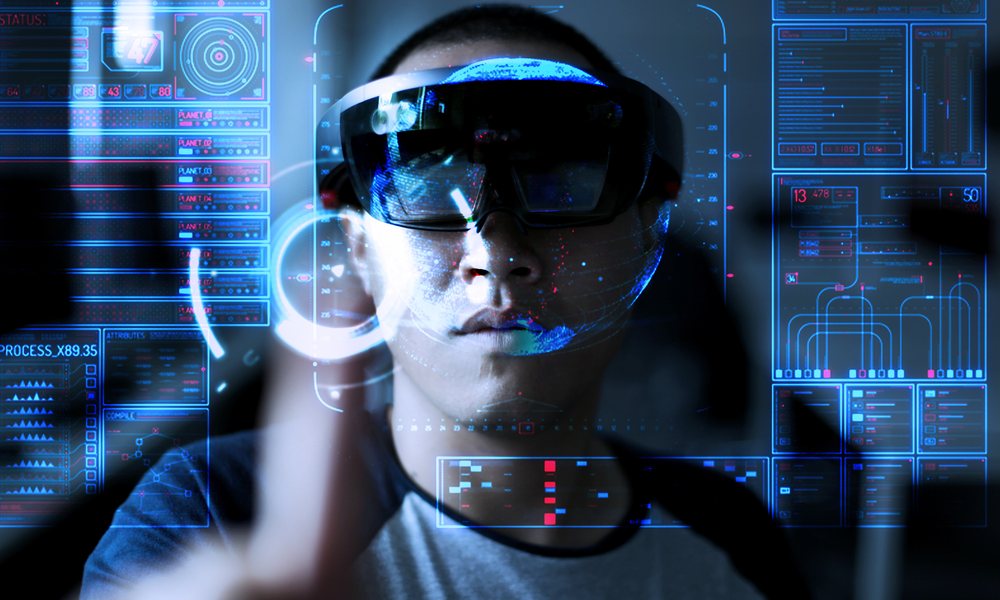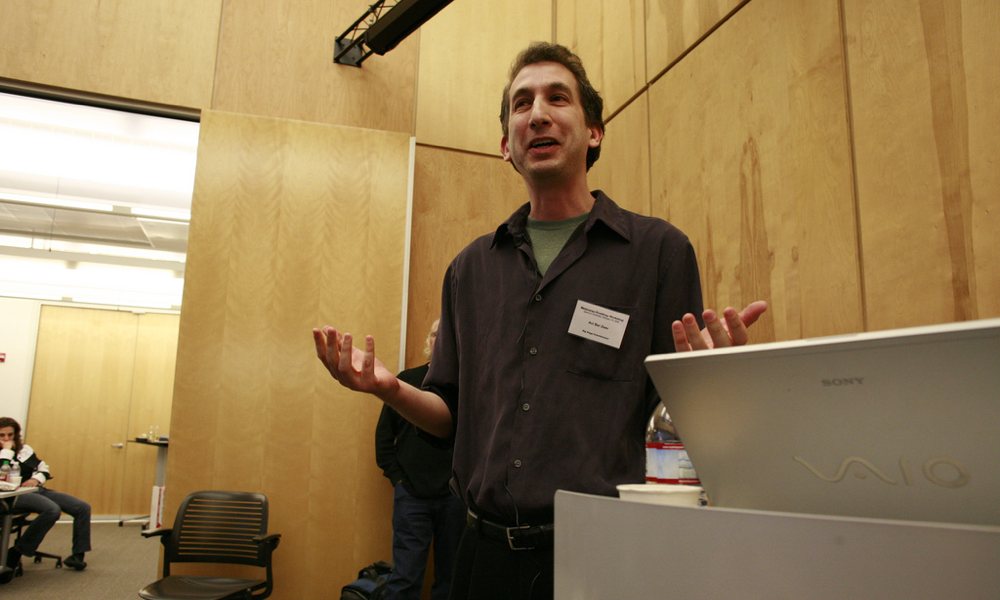Departure of HoloLens Inventor Raises Questions about Future of Apple’s AR/VR Headset Project
 Credit: khoamartin / Shutterstock
Credit: khoamartin / ShutterstockToggle Dark Mode
Among Apple’s rumoured slate of secret projects is an augmented reality headset that the company has been developing in its R&D labs for a rumoured launch as early as next year. Now, it appears that Apple may have encountered a setback in this project with the recent departure of a key member of its augmented reality team.
Avi Bar-Zeev, the co-inventor of Microsoft’s HoloLens and a pioneer in AR and VR technologies, left Apple last month, according to a new report by Variety. Bar-Zeev confirmed his departure, saying that he left his full-time position at Apple in January, but that he “had the best exit one can imagine” and “has only nice things to say about Apple.” He also declined to speak on any specific product plans, noting only that he plans to continue consulting in augmented reality technologies while “noodling” on the next big thing.
Bar-Zeev has a long history of work in the augmented reality and virtual reality space, getting his start working with Disney’s VR Studio in the 1990’s building early VR experiences for the company’s theme parks, including the long-running “Aladdin’s Magic Carpet” VR ride.
After leaving Disney, Bar-Zeev founded KeyHole, which was later acquired by Google to underpin its Google Maps and Google Earth projects. Bar-Zeev then ultimately ended up at Microsoft, where he helped found and invent the HoloLens, building AR prototypes and concepts to champion the project to upper management. Bar-Zeev remained convinced that augmented reality was the future, but faced an uphill battle trying to sell it in the early days, when he described it as “a giant ball of risk” with few stakeholders actually understanding the potential or development curve.
Needless to say, at the time, AR was a giant ball of risk. Few people understood the potential or the actual time to market.
Avi Bar-Zeev
In a 2016 post on his blog, Bar-Zeev describes his experiences at Microsoft, noting that HoloLens succeeded partly due to the timing of parallel projects like Kinect, and that it was a real win “inside a company notorious for in-fighting and killing inspired ideas.”
It wasn’t long after this, however, that Bar-Zeev left Microsoft to join Apple, in June of 2016. While Apple’s culture of secrecy meant it was less clear what Bar-Zeev would be doing there, it seemed obvious to most observers that he would be part of the company’s team to build an AR headset, and in fact many took his hiring as a sign that Apple was getting much more serious about augmented and virtual reality. Bar-Zeev’s description of his work at Apple on LinkedIn was unsurprisingly cryptic, noting only that he was “Lead experience prototyping (XP) team for a new effort,” and that it was part of a “long-term roadmap.”
With Bar-Zeev’s strongest expertise focused on the prototyping and early design stages, it’s unclear how his departure will actually affect Apple’s AR/VR plans. While on the one hand it’s entirely possible that Apple is close to a finished product — most analysts are pegging 2020 for the release of an AR headset — it’s also possible that Apple is still struggling with the product, or may even be planning to scrap it altogether. Unlike some of the company’s more public product setbacks, Apple has made no comments whatsoever regarding augmented reality products beyond the AR capabilities built into its iPhone and iPad devices.







